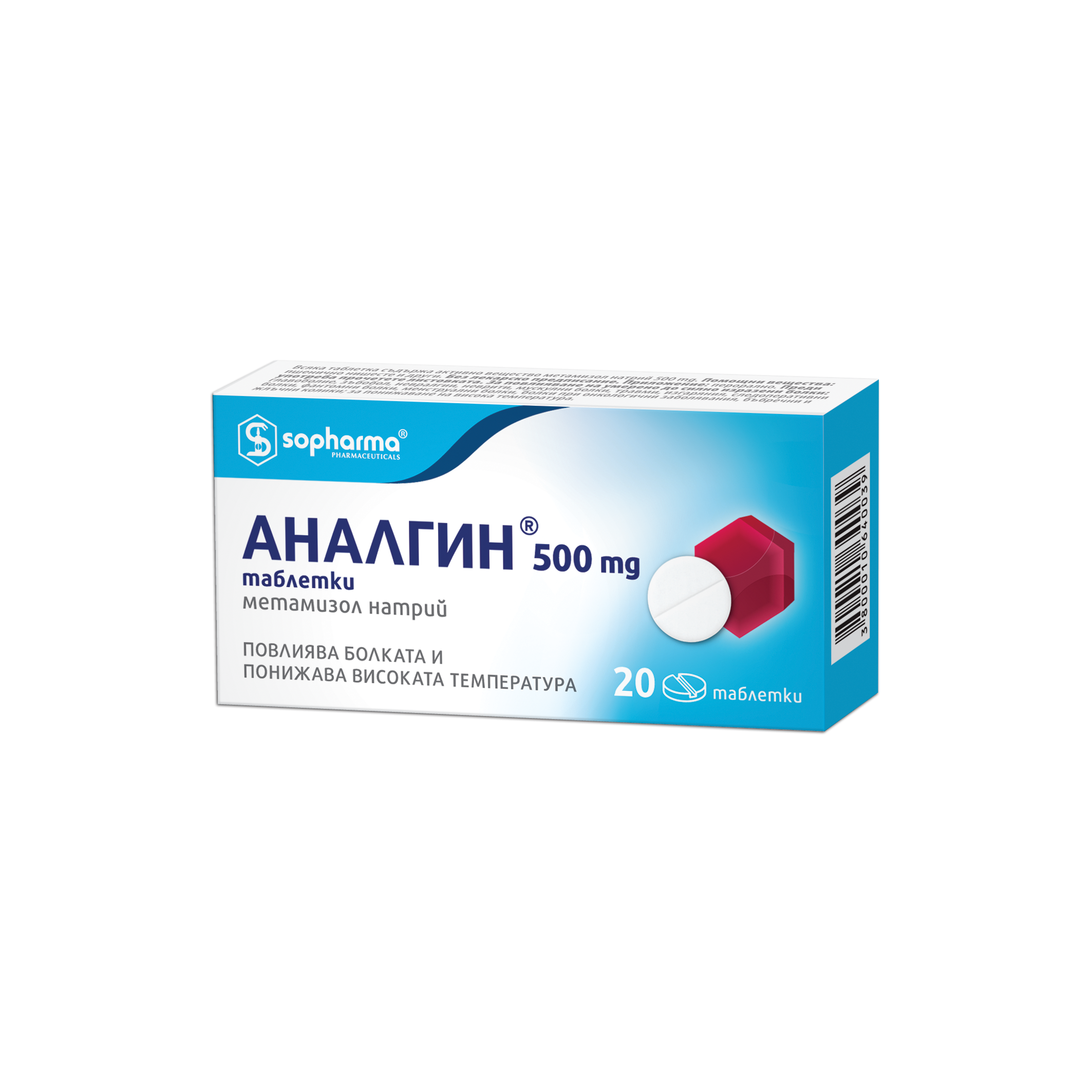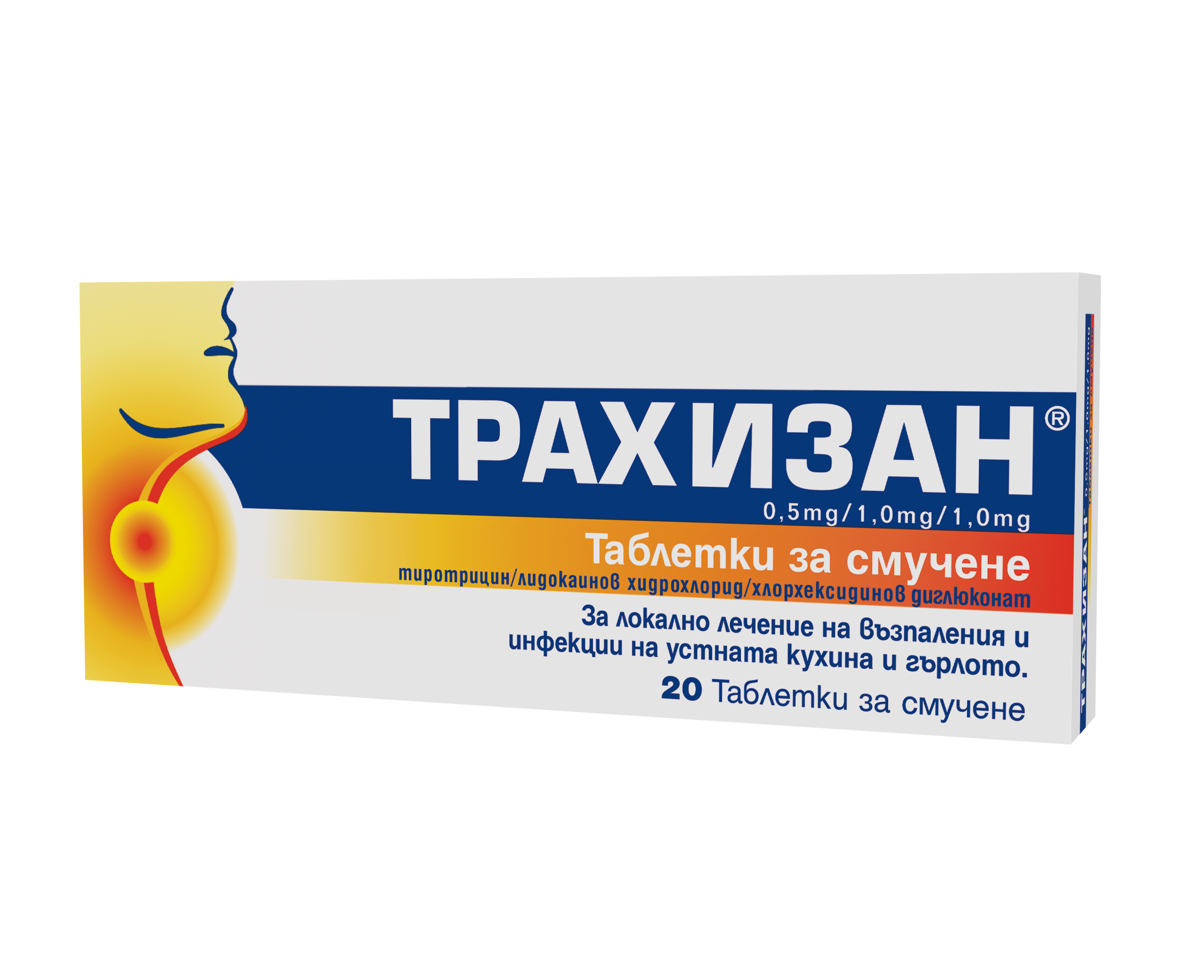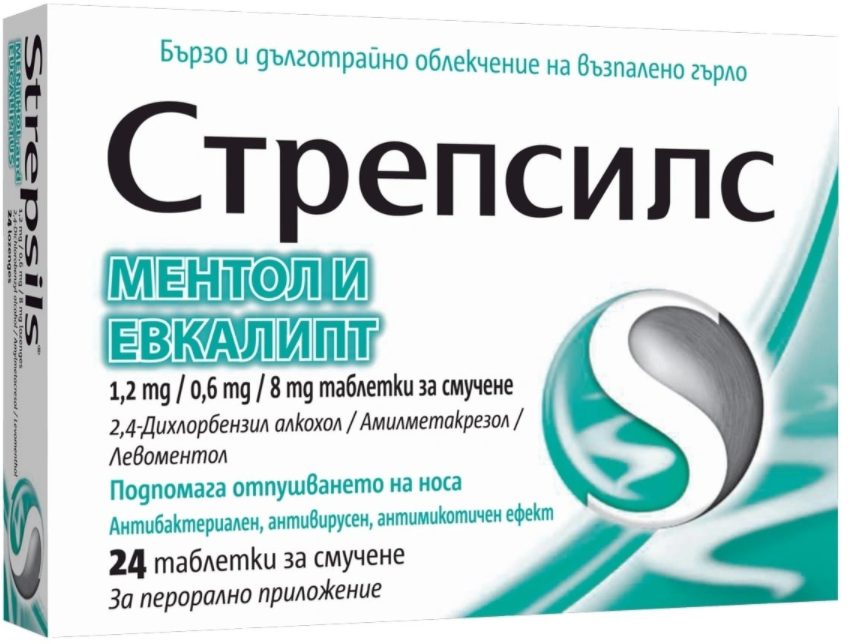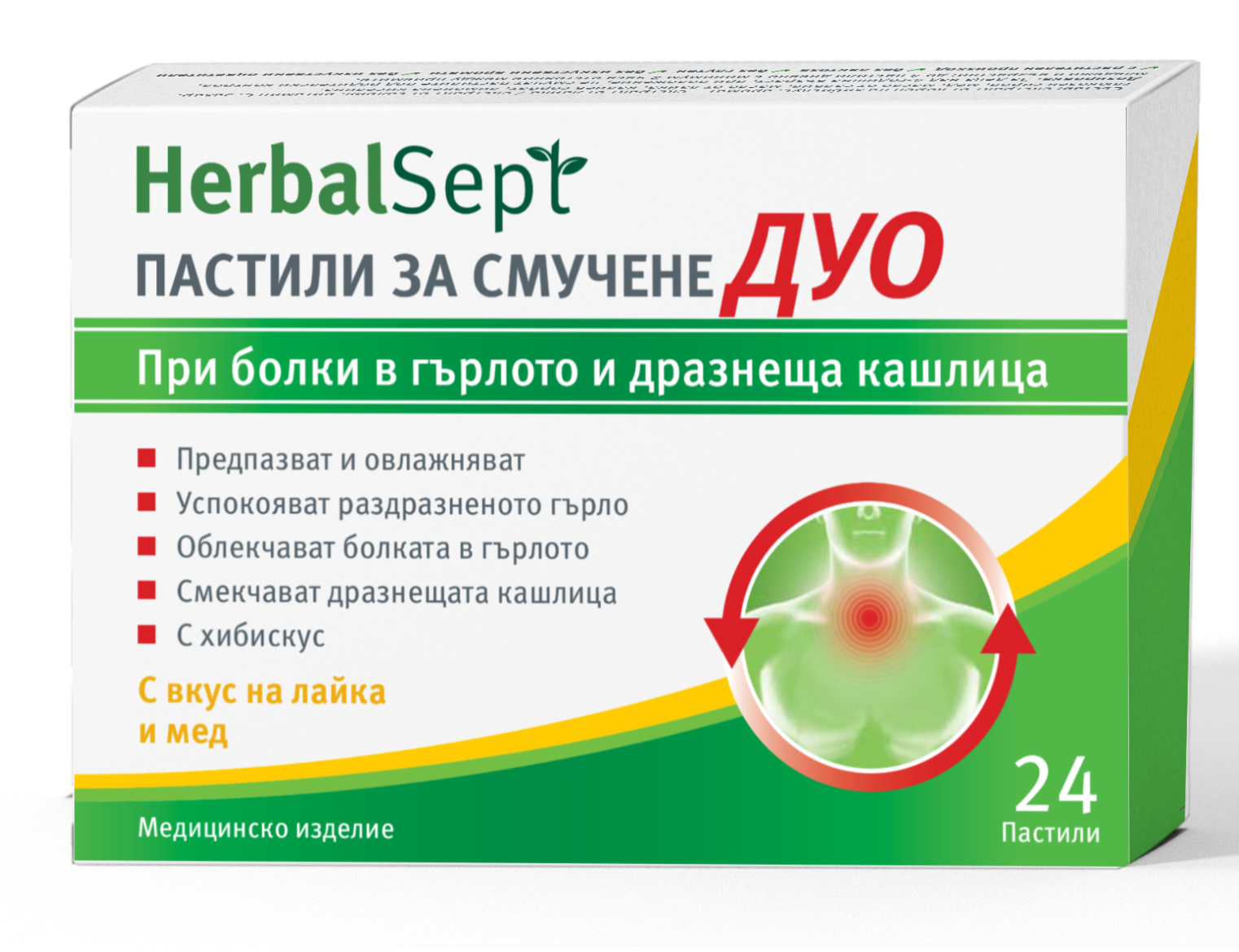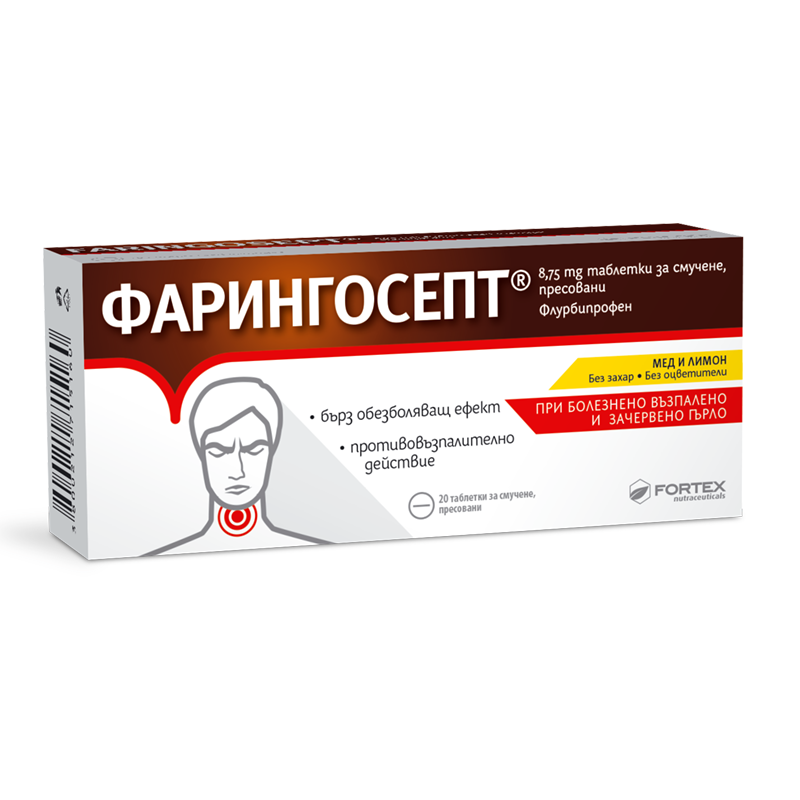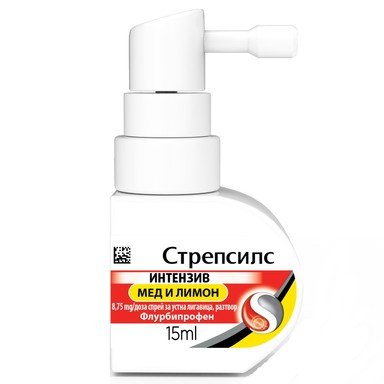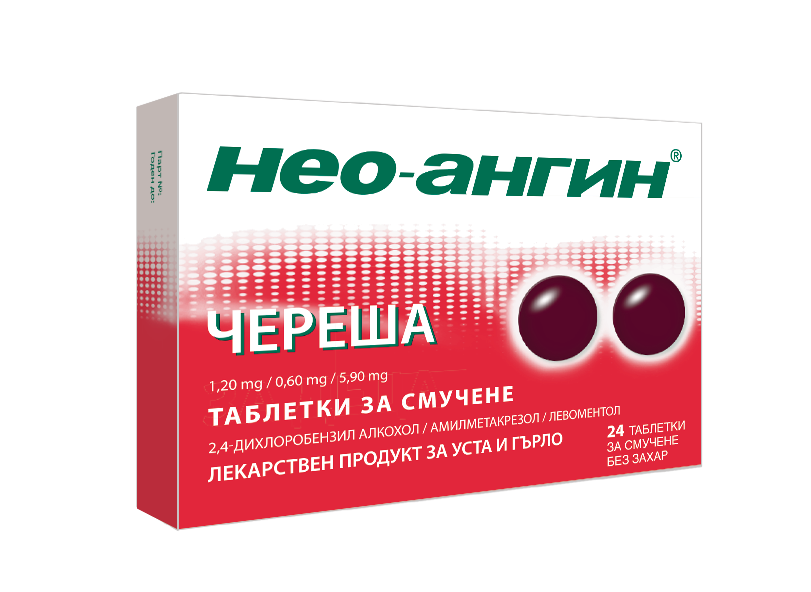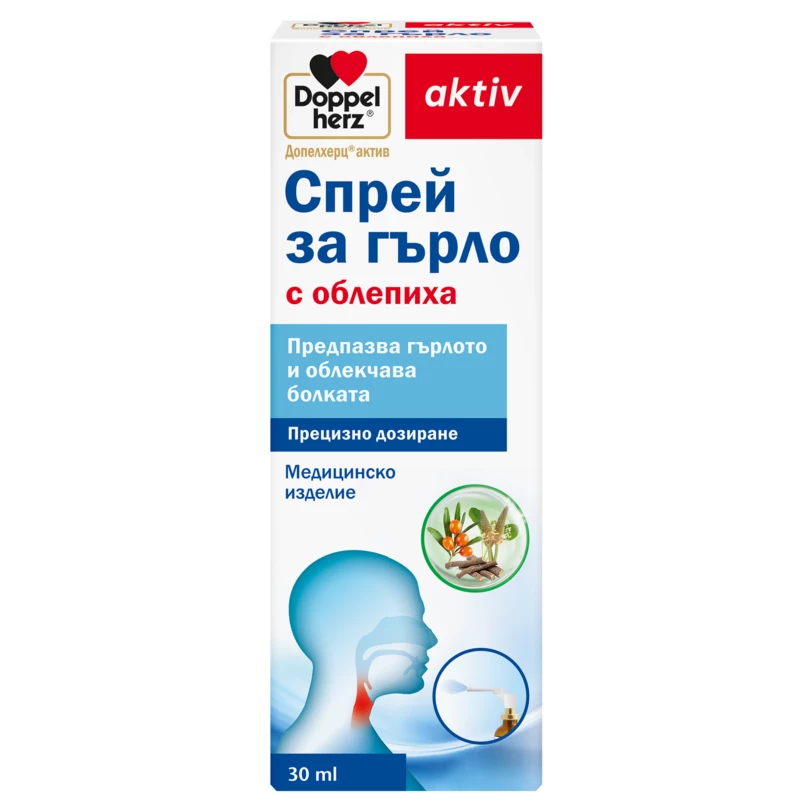
A sore throat when swallowing is a common and unpleasant condition that can be caused by a variety of factors, from viruses to stomach problems. For effective treatment, it is essential to determine the causes of sore throat and their potential connection to another disease.
They can range from mild viral infections to serious pathologies, which is why the agents and therapies used vary greatly. In the following lines, we will look at the most common causes of sore throat, what treatment can be effective and when a doctor's consultation is needed to deal with the problem.
Causes of sore throat when swallowing
Sore throat when swallowing, although widespread, is caused by a variety of causes. Among them are viral and bacterial infections, sore throat, allergies and diseases of the gastrointestinal tract.
1. Viral infections as a common cause of sore throat when swallowing
A significant percentage of cases of sore throat when swallowing are due to viral infections such as flu, colds and viral pharyngitis. These infections, often transmitted through airborne droplets, cause unpleasant symptoms such as a sore throat, pain when swallowing, a scratchy feeling in the throat, dryness, and in some cases even pain in the throat and ears.
Difficulty swallowing and sometimes breathing difficulties may also occur. Treatment usually includes rest, hydration, and symptomatic medication.
2. Bacterial infections and their influence on sore throats
Bacterial infections, including staphylococcal or streptococcal infections, can also be the cause of a sore throat when swallowing. These infections caused by the presence of bacteria in the throat area often require treatment with antibiotics.
Common symptoms may also include red and swollen tonsils, white spots on them, wheezing, runny nose, conjunctivitis, and sometimes fever and swollen lymph nodes in the front of the neck.
Bacterial diseases, when they cause pain when swallowing, can create intense and often worsening discomfort. The combination of a sore throat and ears can be an indicator of infections, such as otitis media. Accurate diagnosis and treatment are necessary to avoid possible complications.
3. Sore throat

Sore throat is a common condition that can accompany pain when swallowing. Different types of sore throat include pharyngitis, laryngitis and tonsillitis.
Pharyngitis is a common cause of severe sore throat and difficulty swallowing, manifesting as inflammation of the back of the throat.
Laryngitis affects the vocal cords and can cause not only pain but also changes in the voice.
Tonsillitis, on the other hand, is associated with an infection of the tonsils in the back of the throat, and its symptoms can be confused with those of a cold or flu - difficulty swallowing, high fever, cough, fatigue, etc.
4. Allergies and their relationship to sore throats
Allergies can also play a role in causing a sore throat when swallowing. Reactions to dust, mold, food or pets can cause irritation and scratchy throat, and in more severe cases, pain. Because allergies can lead to persistent and recurring symptoms that worsen with prolonged exposure to the allergen, they are a particularly important factor that must be considered thoroughly and adequately addressed.
5. Gastroesophageal reflux as a cause of sore throat
Gastroesophageal reflux is a condition in which acid from the stomach backs up into the esophagus. This can cause an unpleasant, cutting pain in the throat when swallowing. Symptoms of gastroesophageal reflux range from mild to severe and include pain, burning sensation, and acid reflux. This type of reflux can be associated with even more serious conditions such as esophagitis and Barrett's stomach, so do not delay a consultation with a specialist gastroenterologist.
Understanding the causes of sore throat when swallowing is key to proper diagnosis and effective treatment. The causes range from common viral infections to more complex gastrointestinal problems, and if you want to get rid of a sore throat effectively, it is important to seek the opinion of a specialist.
6. Dryness and/or dehydration
Staying in a room where the air is dry or with the air conditioner on for a long time, as well as insufficient water intake are other causes of throat irritation. This, in turn, can lead to scratching and pain when swallowing.
Diagnosis and recognition

When examining sore throats when swallowing, the key to effective treatment lies in the correct diagnosis. The variety of possible causes requires a careful and systematic approach that covers both clinical manifestations and additional investigations. Correct diagnosis not only determines the appropriate method of treatment, but also excludes more serious health conditions.
The doctor's diagnosis process for sore throat when swallowing usually begins with a detailed clinical examination. The doctor evaluates the symptoms, including the intensity of the pain, the frequency of occurrence and the phenomena associated with it. The importance of this examination is not only in measuring physical manifestations, but also in obtaining additional information about the patient's health history.
Additional laboratory tests also play an important role in the diagnostic process. Blood tests, such as a complete blood count and biochemical indicators, can provide information about possible infections, inflammation or imbalances in the body.
In more complex cases, where sore throats cannot be easily identified or when the symptoms are part of a wider medical context, such as sore throat and ears or sore throat when swallowing without fever, consultation with different specialists is necessary. Otorhinolaryngologists, the so-called ENT (Ears-Nose-Throat) specialists, are key to evaluating the structural and functional aspects of the throat and major players in making an accurate diagnosis.
Common approaches to sore throat relief
For severe sore throats and difficulty swallowing, precautions and general approaches can be very effective in controlling symptoms. Good hydration through regular fluid consumption, mostly warm drinks, is a key element. In addition, resting the vocal cords, abstaining from smoking, and avoiding exposure to polluted air help create conditions that relieve pain and support recovery and the immune system in general.
Medicines are an important component in the treatment of persistent sore throat, especially when it is associated with infection and inflammation. For bacterial infections, antibiotics prescribed by a doctor are necessary to eliminate the pathogens and relieve sore throats. Treatment with antiviral drugs, if applicable, is usually sufficient for viral infections. In addition, anti-inflammatory drugs such as paracetamol or ibuprofen are used to relieve pain and reduce inflammation.
Another option is to stop at lozenges, onions or lollipops, which will relieve unpleasant symptoms.
1. Home remedies for sore throat

In addition to medications, home remedies offer a natural and often soothing way to relieve persistent sore throats because they can be used for a longer period of time than medications.
In the following lines, you will read about some of the most effective approaches to dealing with the problem.
2. Intake of warm liquids
Warm soups, broths, and beverages such as herbal teas, for example, provide not only hydration, but also a wealth of antioxidants and vitamins that aid recovery. However, keep in mind that they should not be hot, because otherwise they can further irritate the throat, especially if you have laryngitis.
3. Including honey in the daily menu
Another effective home remedy for irritation and difficulty swallowing is honey. It has anti-inflammatory properties that help relieve pain when swallowing. You can take it directly, along with lemon, in a glass of warm water or mixed in tea. Although it is known for its positive qualities, it should not be given to babies under one year due to the risk of an allergic reaction.
4. Gargling with salt water or apple cider vinegar
In turn, gargling with warm salt water can also be very effective in relieving inflammation and soothing pain. It is an effective method that is used for tonsillitis, pharyngitis, colds and flu. If you decide on this option, you should put ½ teaspoon of salt in a glass of warm water, stir it and gargle for a few seconds. For more effective results, apply this method 2-3 times a day.
A lesser-known way to treat a sore throat is to gargle with apple cider vinegar. Its antibacterial properties help kill the bacteria that cause inflammation and irritation.
5. Humidification of the air in the home
An important factor in dealing with sore throats is regular humidification of the air at home, especially if they are caused by dehydration and dryness. Therefore, it is important to ventilate the rooms in your home often. A good option is to buy a humidifier and air purifier.
What to do with a sore throat
Sore throats can be caused by a variety of health conditions, from flu and colds to bacterial infections and allergies. That is why it is important to seek adequate medical help as soon as the first symptoms appear.
If you want to learn more about health and health solutions, check out the other informative articles on our health portal.


